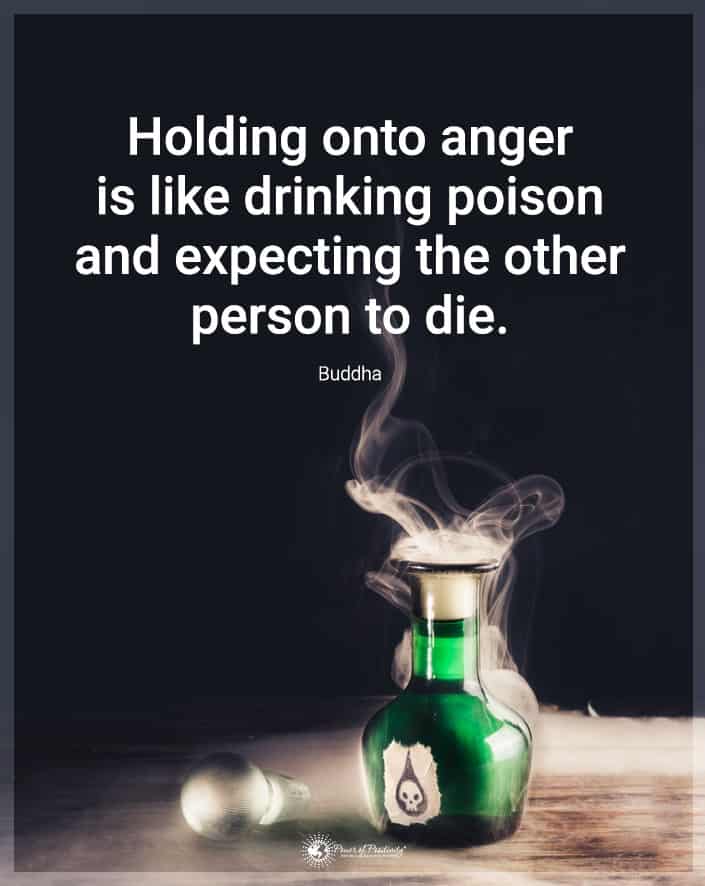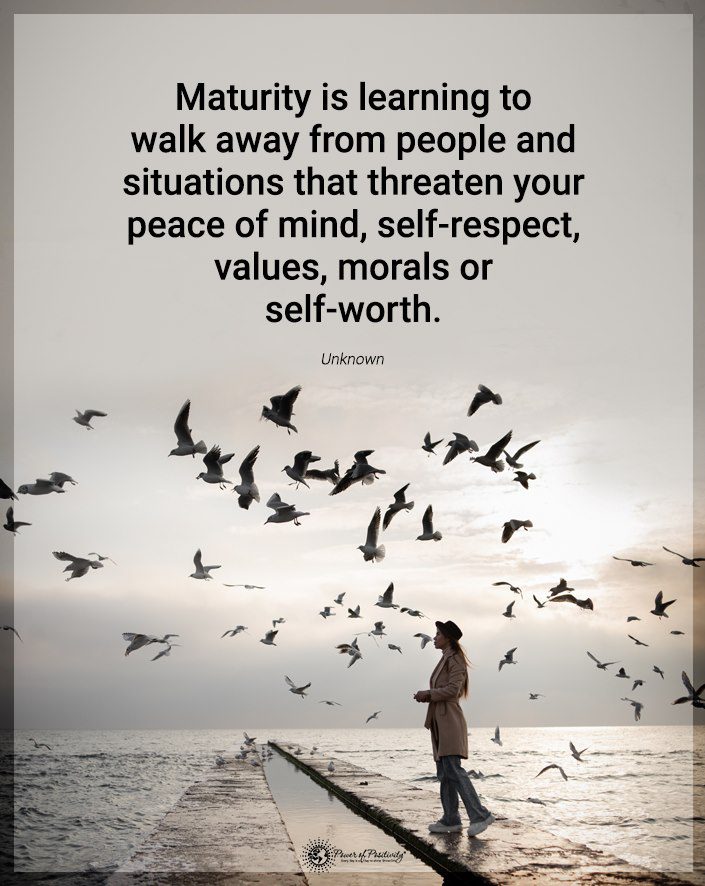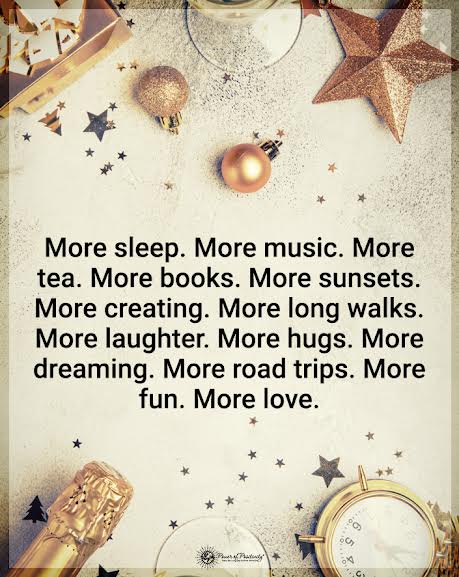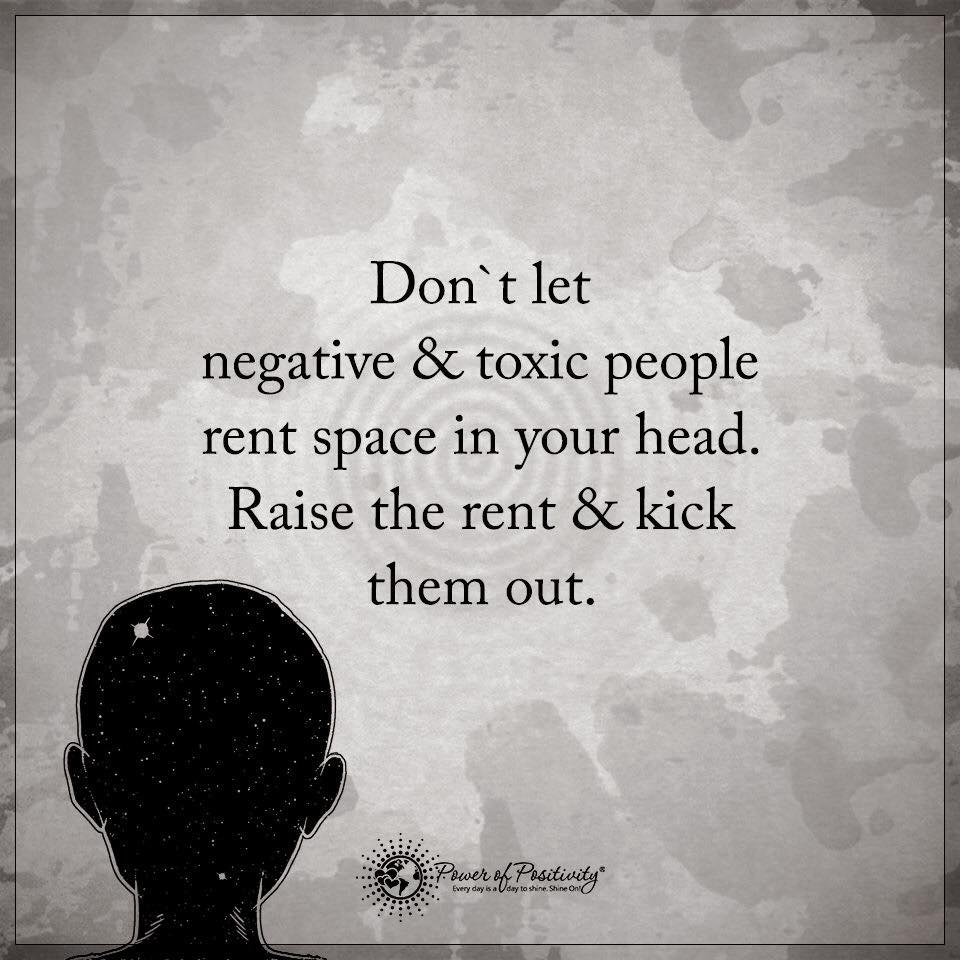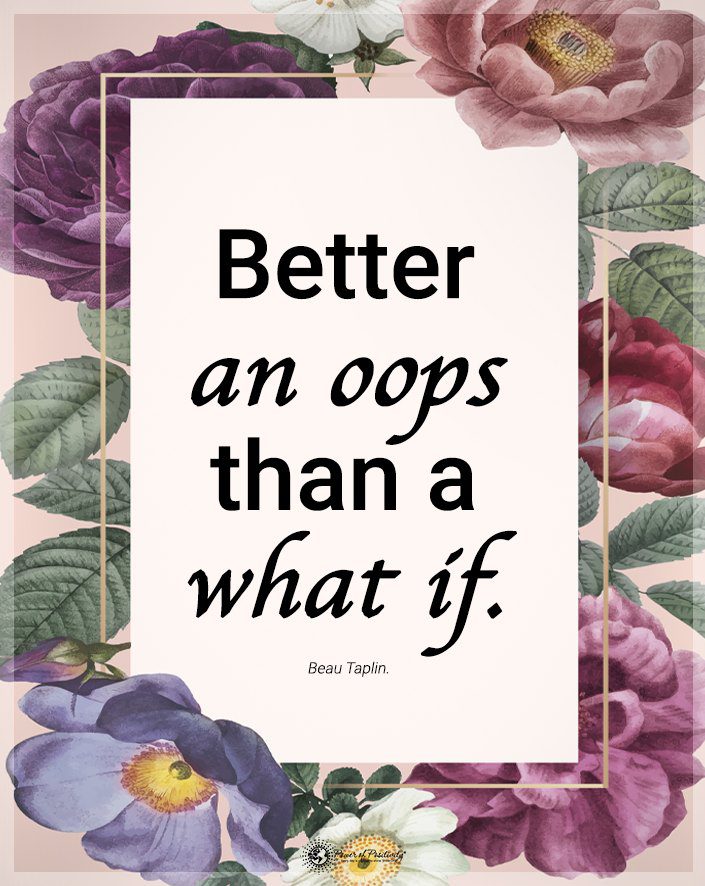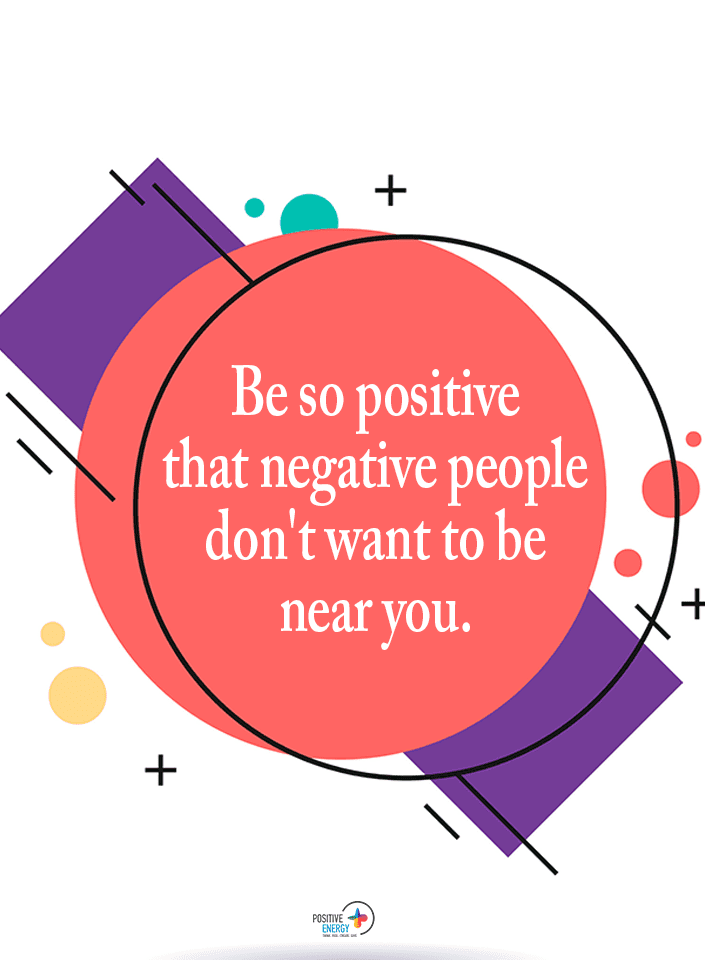How do we achieve this seemingly elusive state of loving ourselves, in a world where we oftentimes feel disconnected from ourselves? Loving yourself certainly requires time, effort, and commitment, but many of us don’t even know where to start. You might think you love yourself, but in this article, we’ll discuss a few signs that may mean you need to dig a little deeper to truly fall in love with you.
Here are 5 signs you don’t love yourself (even if you think you do):

1. YOU FEEL DISCONNECTED FROM YOURSELF.
With most of us starved for time and relaxation, of course, it comes as no surprise that we feel disconnected and disjointed. However, if you feel this way more often than not, it might mean that you don’t really love yourself. To truly love yourself, you have to get connected with the “you” that’s been hiding under all the layers you’ve put on to protect yourself in this harsh world.
If you feel like an alien in your own body, simply getting back to nature for a bit or doing some deep breathing exercises can do wonders for your mental state. Learn to reconnect with Mother Earth and unplug from the “real world” for a little while. You’ll feel a lot more real when you get away from reality for a bit, ironically.
2. YOU DON’T TAKE CARE OF YOUR HEALTH.
If you resort to food, alcohol, drugs, or any other substance for comfort, then you probably don’t take very good care of yourself. Not caring for our health is a surefire sign that we don’t truly love ourselves, but in a world with constant stressors, it can be all too easy to reach for a quick fix for our problems. We live in an overstressed, overburdened society, and stress can lead to a slew of health problems that tend to get worse over time if not dealt with properly.
Remember to take care of yourself, because no one else will do it for you.
3. YOU ALWAYS WANT TO ESCAPE YOURSELF.
Sometimes, we can feel trapped inside ourselves and our bodies, and just want to get out somehow. However, running from ourselves or our problems will never work, because at the end of the day, you’re still stuck with the person looking back at you in the mirror. If you don’t truly love yourself, then it only makes sense that you’d want to run as far away as possible from your perception of yourself. But see, here’s the thing: how you perceive yourself is everything.
If you look at yourself in a positive light and work to have a healthy self-image, you won’t feel nearly as restless and trapped inside your own self. Work on seeing the good things about yourself, rather than fixating on all the so-called “bad” things.
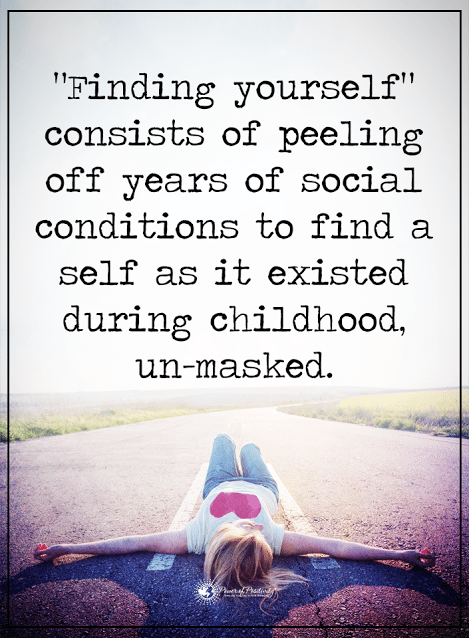
Related article: 10 Signs You Aren’t Taking Care of Yourself
4. YOU HAVE UNHEALTHY RELATIONSHIPS.
If you find yourself in unstable, toxic relationships time and time again, then you probably don’t really love yourself. Your relationships should enhance your life and well-being, not steal your joy and happiness. Getting tangled up in bad relationships means that you have some things you need to work on within yourself in order to attract the right people. We can only accept the love we think we deserve, so ask yourself: “Do I deserve better?” If you think you do, then you’re on the right track to developing stable, healthy relationships with others.
Loving yourself means getting rid of toxic relationships that only seek to destroy you, and welcoming positive relationships into your life.
5. YOU FEEL DISENGAGED IN LIFE.
Unfortunately, many of us feel this way on a daily basis. However, if we really loved ourselves, wouldn’t we go after the life that brought us the most happiness? Wouldn’t we work on building a life where we can truly feel alive? If you don’t feel interested and passionate about your life, then you need to look deep within and figure out why you chose the one you’re living now. We all deserve to live a life full of abundance in every single way, and you owe it to yourself to create a life worth living.
Work on learning about yourself and rediscovering what really makes you happy, so that you CAN live the life of your dreams and not have to settle for anything less.


